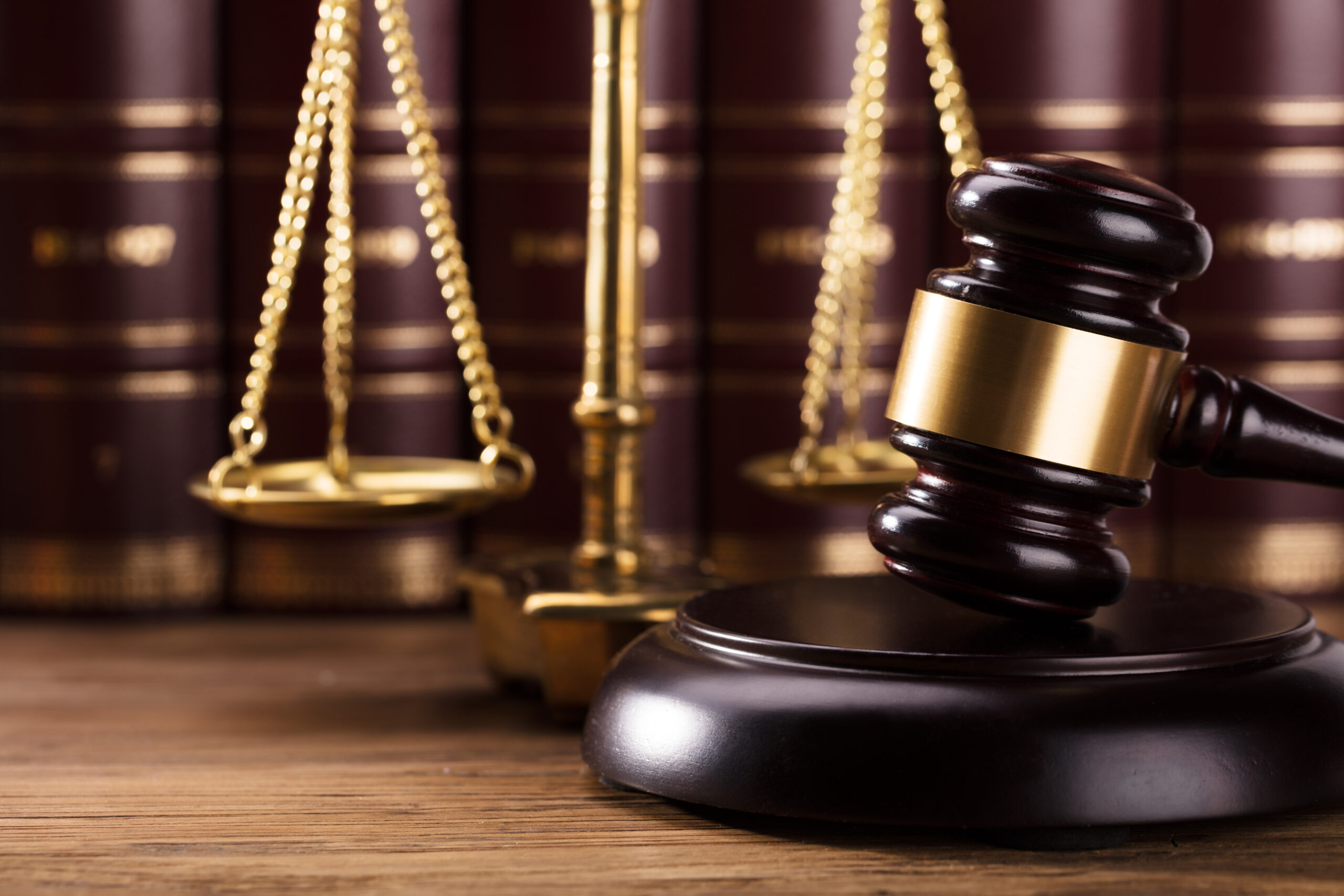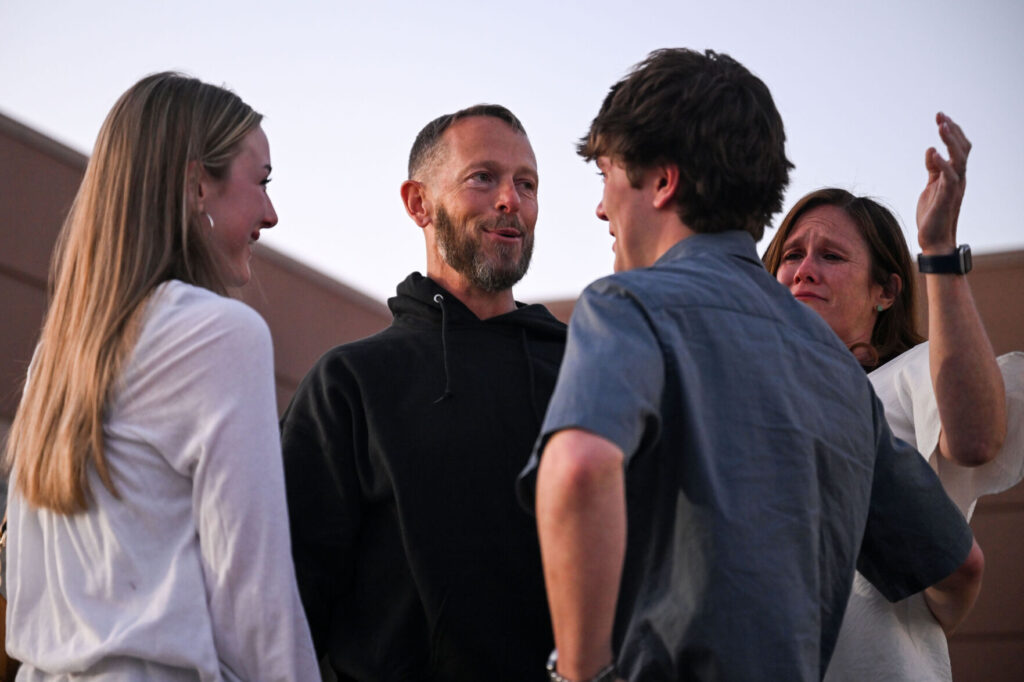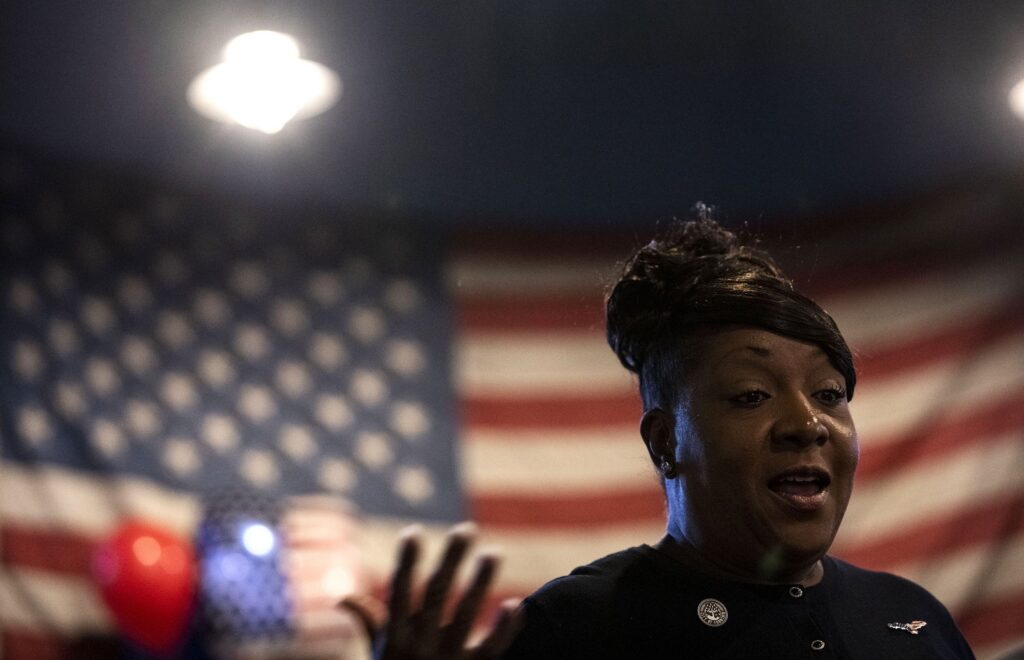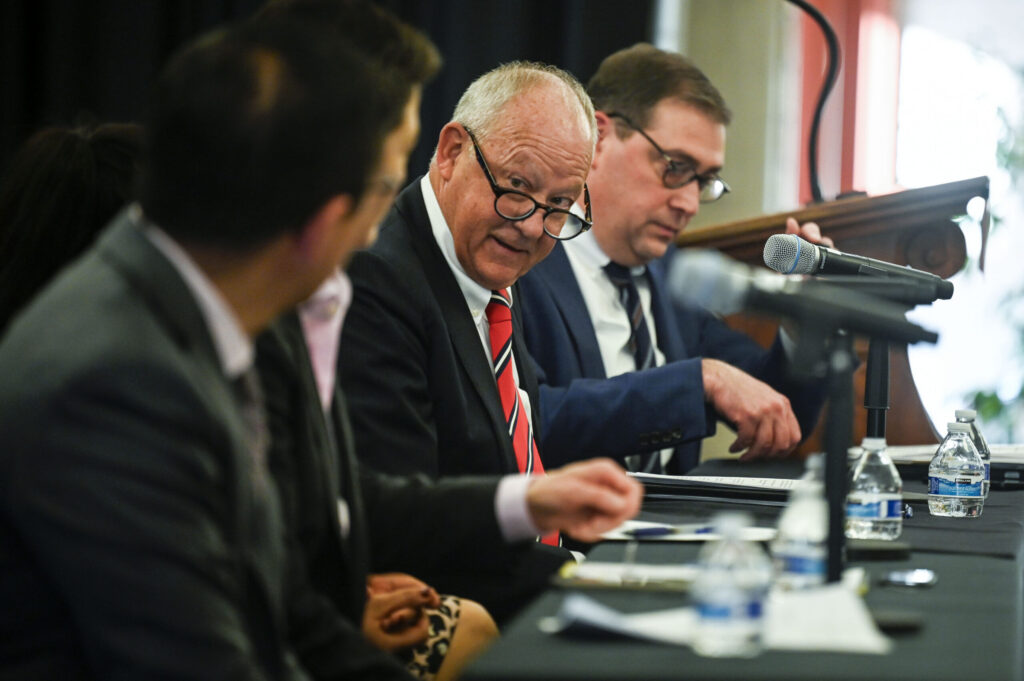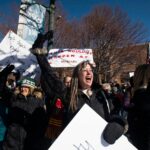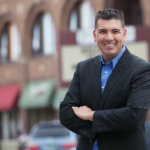Appeals court reverses convictions after finding Denver prosecutors committed misconduct
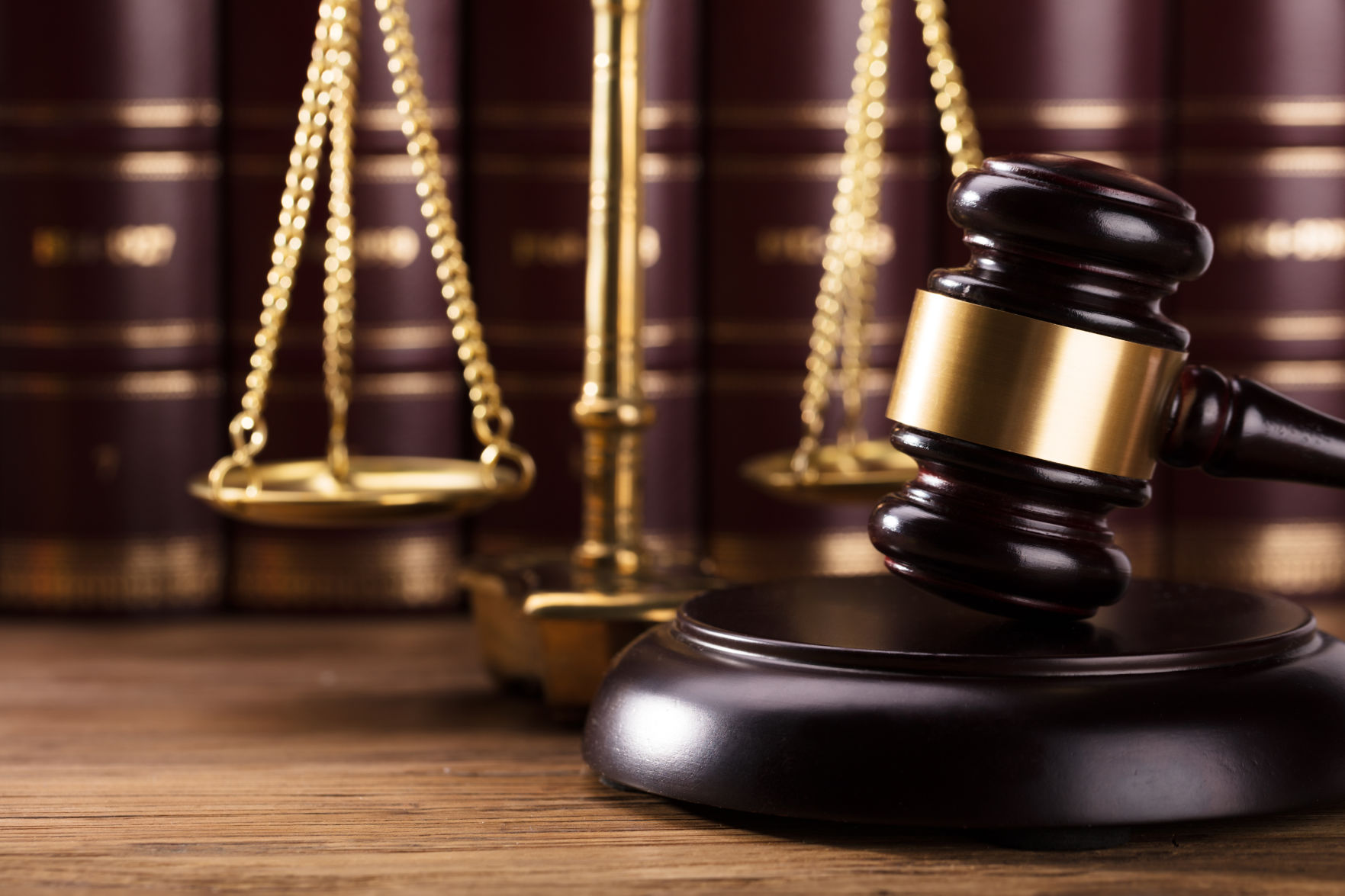
Denver prosecutors improperly suggested to jurors that a defendant was guilty because he invoked his constitutional right against warrantless searches and seizures, and also improperly pressured jurors to “do justice” for the victim, the state’s Court of Appeals found by a 2-1 decision.
The three-judge panel for the appellate court further decided that state law does not require victims to make false reports of sexual assault specifically to police in order for those falsifications to be considered as evidence at trial.
As a result of Thursday’s ruling, Larry D. Buckner had his convictions for kidnapping and sexual assault reversed.
The Denver District Attorney’s Office had failed to secure a conviction for Buckner in a 2016 trial, but succeeded the second time in 2017. It was at that second trial where two prosecutors committed misconduct in their closing arguments, according to the appellate court. The panel’s majority concluded the prosecutors’ actions were serious enough to affect the fairness of Buckner’s trial.
“It is well settled that a person should not be penalized for exercising a constitutional privilege,” wrote Judge Jaclyn Casey Brown in the Feb. 3 opinion.
On Sept. 18, 2015, a woman identified as J.D. told police an unknown person attacked her in an alley the night before. A forensic medical examination corroborated that J.D. received trauma to her body and genitals. J.D. later changed her story to say that one of her neighbors pulled her into his apartment and sexually assaulted her for up to eight hours. She identified Buckner as the perpetrator.
J.D. would later admit on the witness stand that, prior to the alleged assault, she had an intense, loud fight with her underage girlfriend. The two women came downstairs and encountered Buckner, and the women asked him not to call the police. It was after J.D.’s girlfriend had left that Buckner allegedly pulled her inside his apartment and raped her.
Buckner sought to cast doubt on that version of events. A witness who was with Buckner at the time the women came downstairs observed scratches and bruises already on J.D. Although Buckner admitted to a consensual encounter with J.D., which resulted in his DNA getting on her body, he said it was physically impossible for him to engage in intercourse.
The defense’s theory was that J.D. had lied because she “got beaten brutally by her girlfriend” but was afraid to tell the truth for fear of her girlfriend being arrested.
A jury acquitted Buckner of assault in October 2016 and could not reach a verdict for kidnapping and sexual assault. At the second trial on just the latter two charges, one of the prosecutors referenced a conversation Buckner had with a police detective shortly after his arrest.
The detective explained to Buckner what DNA evidence might show in the case and asked whether he would submit to one. Buckner neither consented nor refused, and instead expressed concerns about the situation. The detective then said she might seek a court order for a DNA swab, then quickly added, “We’ll go ahead and do it that way.”
During closing arguments, prosecutor Isabel Pallares – now a judge in Denver- told the jury her version of the interaction: “He refuses to give his DNA sample to [the detective]. In fact, he gets visibly nervous, starts stuttering on the interview when she’s asking about the DNA.”
Although the defense did not object at the time, on appeal Buckner argued that the prosecutor had effectively described Buckner as exercising his Fourth Amendment right to not submit to a warrantless search, and implied Buckner was guilty for that refusal.
“We have the right to refuse warrantless search and seizure, including searches of our mouth,” Deputy State Public Defender Lynn Noesner argued to the Court of Appeals. “The state cannot penalize a defendant for invoking any of his constitutional rights.”
Ellen Michaels, an assistant attorney general, countered that Buckner had never invoked his constitutional right to refuse a warrantless search. It was “an inartful statement to say it was a refusal,” she said.
Judge David Furman responded by reading out loud the Pallares’ statement that Buckner “refuses to give his DNA sample.”
“That’s inartful?” he questioned. “That seems very clear.”
Brown, writing for herself and Judge Lino S. Lipinsky de Orlov, agreed that Buckner had neither consented to nor refused a DNA test. That did not matter, however, because the prosecutor had characterized Buckner’s actions as a refusal. The logical interpretation was that Buckner was guilty for refusing to submit to a police search.
Just as prosecutors cannot point to a person’s refusal to incriminate themselves as proof of guilt, it is improper for a prosecutor to argue that a defendant’s objection to a search meant he is hiding something, the panel noted.
“So, if the contact was consensual, why would Buckner not give up his DNA? Why did the prosecution have to get a court order to collect it?” Brown wrote. “The prosecutor’s comments on Buckner’s refusal had but one objective: to induce the jury to infer guilt.”
The panel’s majority also took issue with the comments of a second prosecutor at Buckner’s trial, William Khoury Dillon, who told the jury that J.D.’s “day of justice is a long time coming. That’s today. Hold [Buckner] accountable for what he did to that girl that night.”
“A prosecutor may not pressure jurors to ‘do justice’ for a victim,” Brown pointed out.
In determining whether the inappropriate comments would have affected the jury’s verdict, she listed all of the evidence weighing against Buckner’s guilt: J.D. had fabricated her initial alleyway assault. J.D. had gotten into a fight with her girlfriend. One jury had already declined to convict Buckner. In all, the case came down to a question of credibility, and the prosecution’s comments may have unfairly affected the jury’s verdict, the majority concluded.
Furman disagreed that the two sets of comments warranted overturning Buckner’s convictions, believing those statements were “not pervasive misconduct.”
A spokesperson for the Denver District Attorney’s Office did not have an immediate answer about whether it would pursue a new trial of Buckner. District Attorney Beth McCann’s 2017 annual report touted Buckner’s conviction as one of her office’s “notable prosecutions.” Buckner is serving up to a lifetime sentence for the sexual assault offense.
The panel also interpreted Colorado’s “rape shield” law, which generally deems irrelevant any evidence of a victim’s prior or subsequent sexual conduct. Its purpose is to prevent unnecessary investigations into a victim’s sexual history. There is an exception, however, if the victim has “a history of false reporting of sexual assaults.”
Buckner had offered documentation suggesting J.D. had lodged at least two prior false allegations of sexual assault against a separate person. Neither report was to police, but J.D. allegedly admitted to the falsity of one of her stories. The trial court judge declined to consider those false reports as evidence.
Although the attorney general’s office contended that there were no false reports because no authorities received any report, the Court of Appeals panel disagreed that the law required false reports to be made to police.
“In the absence of a clear directive from the General Assembly that a victim’s ‘history of false reporting’ for purposes of the rape shield statute be limited to only those false reports made to law enforcement or other ‘authorities,’ we decline to engraft such a limitation,” Brown wrote.
The panel determined Buckner’s assertions of false reporting, if backed up by evidence at another trial, would be sufficient to satisfy the exception to the rape shield law.
The case is People v. Buckner.
